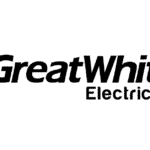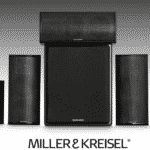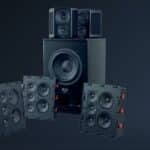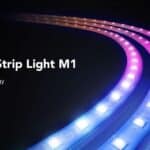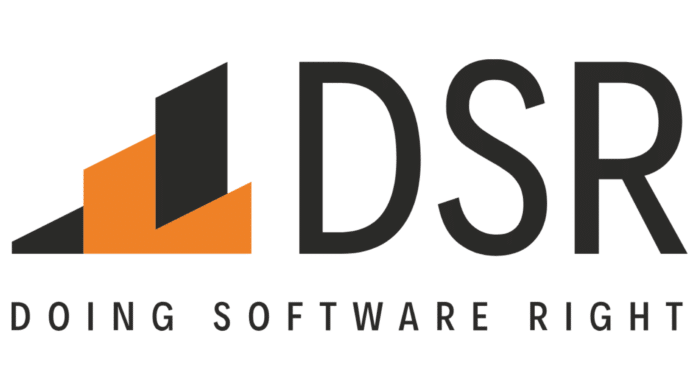
DSR Corporation (DSR), developer of the Distributed Compliance Ledger (DCL) for CSA, released DCL 1.2 with enhanced features for security, flexibility and functionality.
The Distributed Compliance Ledger (DCL) is a cryptographically secure, distributed network that allows IoT device manufacturers and vendors, official test houses and certification centers to publish public information about devices or classes of devices. Based on blockchain technology, allows participants to update relevant device information that is cryptographically signed. Through its decentralized nature, DCL addresses a number of issues faced by consumers, developers and manufacturers concerning information about their IoT devices. These problems can make it difficult to verify who manufactured the device, the firmware inside and the device certification details. The DCL provides a secure, tamper-resistant and public record of a device. These components allow transactions to be independently verified without the need for a central authority. The CSA DCL operates on a permissioned blockchain framework based on Cosmos SDK and Tendermint frameworks. Traditional models and centralized databases do not provide the security and immutability at the scale decentralized models can.
Distributed Compliance Ledger 1.2
The DCL benefits from a multi-node network, individually signed transactions using pre-approved keys, with global Alliance members participating in driving the consensus protocol to ensure majority approval. The CSA DCL 1.2 release includes several new features and fixes that are important for Matter 1.2. The most significant enhancement is the support of X.509 Public Key Infrastructure (PKI) Revocation for VID-scoped PAIs (Product Authentication Identifiers), non-VID-scoped PAIs, and DACs (Device Attestation Certificates). Vendors with DCL write privileges can now submit transactions to publish the location of the CRL (Certificate Revocation List) distribution point, following the RFC5280 standard. This enables the revocation of specific device identifiers associated with a Vendor ID. Vendors can update or delete this information themselves, granting them flexibility and control over the revocation process.
To ensure a smooth transition to the new DCL version, a decentralized voting procedure was employed. This process, conducted within CSA, ensures that the update aligns with the consensus of the global Alliance members. This resulted in a successful deployment of DCL 1.2 to all DCL nodes on both TestNet and MainNet without major issues, downtimes or consensus loss.
DSR developed and maintained the DCL code open-sourced under the Apache 2 license. The DCL 1.2 release updates, in conjunction with the recent Matter release, enhance the security, interoperability and reliability of IoT ecosystems.
About DSR Corporation
DSR Corporation is a Node Admin and Trustee in the DCL Main Net meaning it owns a Validator Node (VN) and takes part in administrative approvals. DCL code was initially developed by DSR and open sourced under Apache 2 license for CSA. DSR continues maintenance of the code and implementation of new features.
About CSA
The Connectivity Standards Alliance (CSA), formerly known as the Zigbee Alliance, is a non-profit organization that develops and promotes wireless communication standards for smart homes, buildings, and the Internet of Things (IoT) devices. DSR joined CSA in 2012 and since then has been actively contributing to its work, especially to the development of Zigbee protocol.
For further information: https://en.dsr-corporation.com










